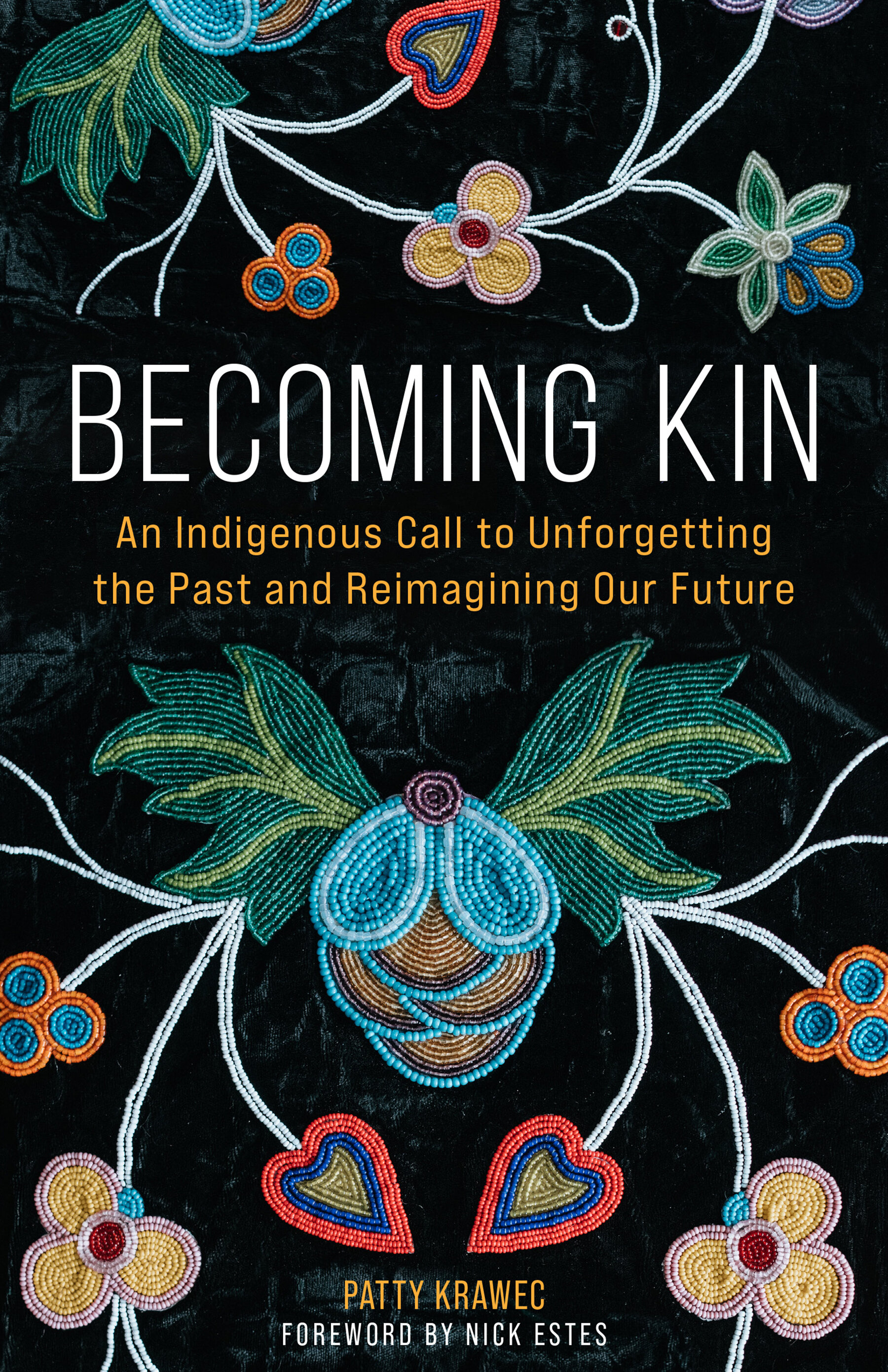
What would it look like to remember that we are all related? In a time of climate crisis and pandemic disconnection, how do we reaffirm our relationship to other beings (humans and non-humans)? To the land? To the water? How do we become better relatives? By studying Indigenous epistemologies, with an emphasis on Anishinaabe epistemologies, we will learn how to become kin. In this course we will develop the skills needed to build and maintain ethical relations to Indigenous communities, lands, and waters, both here in Kalamazoo and abroad.
This course rests on the conviction that poetry belongs to all of us. In our class we will work hard to destabilize the myth that poetry is an inscrutable mystery. Instead, we will approach poetry as our language of reflection. Reading and writing poetry will be our primary, but not only, way of listening to and practicing indigenous ways of knowing. Our goal is not to create perfect poems; rather, poetry will be the shared language we speak in order to become better relatives.
This course rests on the conviction that poetry belongs to all of us. In our class we will work hard to destabilize the myth that poetry is an inscrutable mystery. Instead, we will approach poetry as our language of reflection. Reading and writing poetry will be our primary, but not only, way of listening to and practicing indigenous ways of knowing. Our goal is not to create perfect poems; rather, poetry will be the shared language we speak in order to become better relatives.
- Teacher: AgosaIsabela
